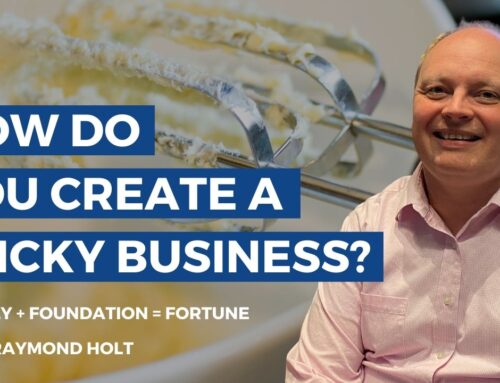‘WEconomy’, the new business book by Craig Kielburger, Holly Branson and Marc Kielburger, goes deep into why it’s crucial that companies create a sense of shared purpose with their employees. The authors argue that when purpose and profit are combined, businesses have “the power to change the world”.
However, I want to take this idea a stage further and make an argument for businesses partnering with other businesses, based on shared purpose and values. After all, many small businesses are in the same boat anyway – it’s much easier to move through the water with two paddles than it is one.
It’s up to you how you collaborate with other companies. You might find benefit in sharing resources, or tapping into a fellow business leader’s knowledge. There are no rules on what type of partnership you create, as long as you find a business that compliments yours.
Here are three reasons why you might want to partner with another business:
1. Gain trust by association
One of the hardest things for any small business is to build trust with your target audience. You can write “you can put your trust in us” until you’re blue in the face, but from the customer’s perspective, the proof of the pudding is in the eating.
However, by partnering with a business that has already gained the trust of their – which is ideally also your – target audience, you can gain the strength of their brand equity. The customer trusts your partner, the partner shows that they trust you, so the customer is also more inclined to trust your brand.
2. Idea generation
As a business leader, it goes without saying that you deal in ideas. But often, the nuts and bolts of running a business mean that you don’t get a chance to generate and share fresh ideas, with everybody too busy doing their job.
Partnering with another business can help you reclaim your creative confidence. If you’ve got another business leader telling you “that sounds like a great idea – I can help you make it happen” you’re more likely to try and bring it to life.
3. More effective marketing
Marketing can be an expensive exercise, sometimes for scant return. A marketing partnership immediately slashes those costs, while generating referrals and new sales that you wouldn’t have reached working on your own.
A marketing partnership might involve a dual product/service launch or simply an agreement to share each other’s content on social media. The nature of the engagement is up to you.






